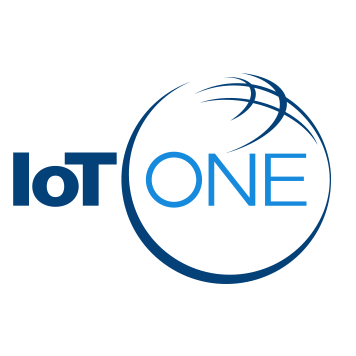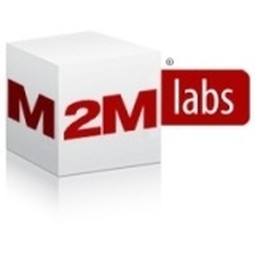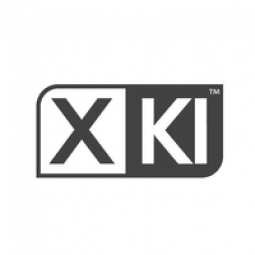IoTivity
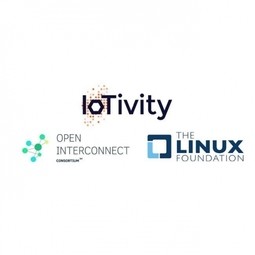
Overview
|
HQ Location
United States
|
Year Founded
2014
|
Company Type
Private
|
Revenue
< $10m
|
|
Employees
< 10
|
Website
|
Twitter Handle
|
Company Description
An Open Source reference architecture developed by IoTivity.
IoT Solutions
The IoTivity project is sponsored by the Open Connectivity Foundation (OCF), a group of industry leaders who will be developing a standard specification and certification program to address these challenges.
IoT Snapshot
IoTivity is a provider of Industrial IoT application infrastructure and middleware technologies.
Technology Stack
IoTivity’s Technology Stack maps IoTivity’s participation in the application infrastructure and middleware IoT Technology stack.
-
Devices Layer
-
Edge Layer
-
Cloud Layer
-
Application Layer
-
Supporting Technologies
Technological Capability:
None
Minor
Moderate
Strong

Supplier missing?
Start adding your own!
Register with your work email and create a new supplier profile for your business.
Similar Suppliers.
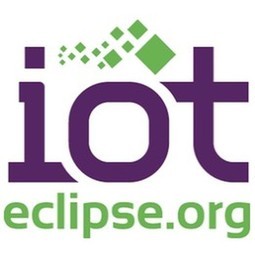
Supplier
Eclipse IoT
Eclipse IoT is an ecosystem of companies and individuals that are working together to establish an Internet of Things based on open technologies. Eclipse IoT provides the technology needed to build IoT Devices, Gateways, and Cloud Platforms.The Eclipse IoT Working Group is an industry collaboration of companies who invest and promote an Open Source community for IoT.

Supplier
Semusi
Semusi enables App Developer to easily deliver smarter Apps which learn, personalize and engage users when relevant. Semusi is a context-awareness SaaS and SDK platform for software developers to build smarter apps. Using techniques such as Machine Learning, Smart Sensors, and natural language algorithms, Semusi lets developers build highly personalised and engaging apps that appeal to customers on a more personal basis.

Supplier
Grovf
Grovf is an engineering company aimed to develop hardware and software products to assist Industrial Internet of Things (IIoT) and Big Data problems. Here at Grovf we help our industrial customers to solve IoT generated Big Data storage problems using hardware (FPGA) implementation of DB functionality in order to close the gap between IoT generated data throughput and software database transaction speed, resulting 20x faster transactions and power saving.


